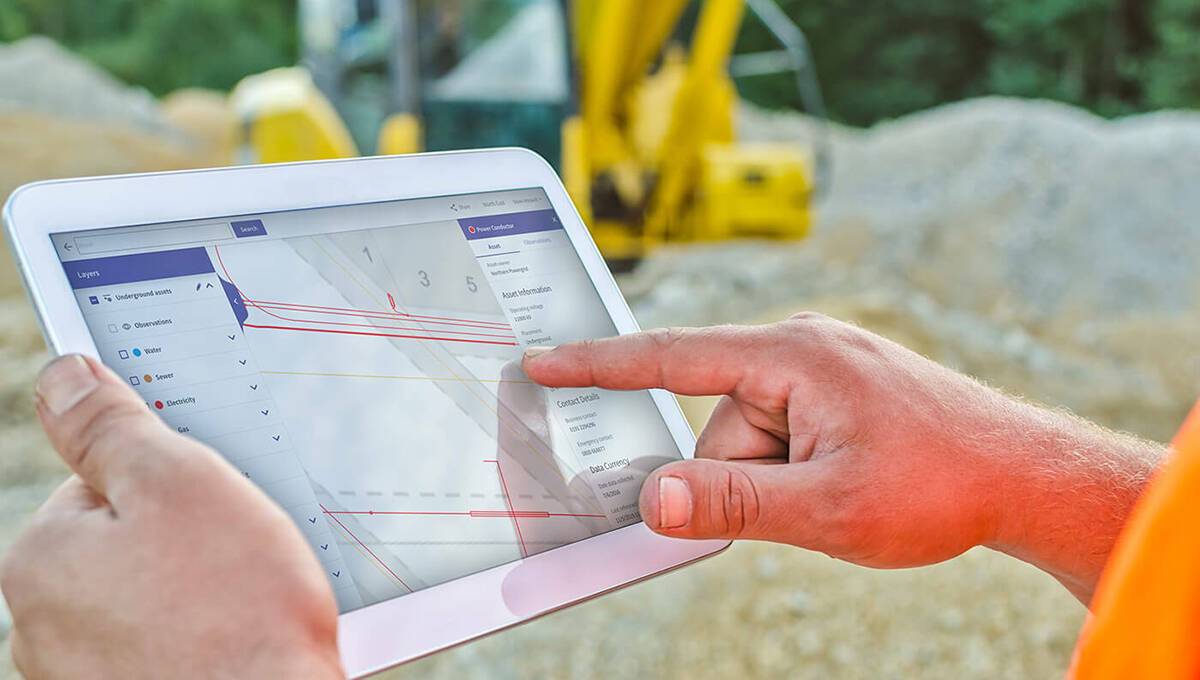Cambridgeshire Fire and Rescue Service (FRS) has received a prestigious award for its integrated application of addressing at the 2010 NLPG NSG Exemplar Awards.
The project has resulted in significant gains in efficiency and improvements in the delivery of frontline services such as site assessments, home safety checks and the targeting of essential safety campaigns.
"When attending a scene or making a site visit it is essential that our staff know where they are going and what they can expect to find when they get there. New build houses, isolated parcels of land and units on large industrial estates are all notoriously difficult to locate but the integrated use of the NLPG means that not only can we find a specific address, we can also have knowledge of relevant aspects of the property â such as an onsite petrol tank - before we arrive," commented Nicola Smith, Business Information Manager, Cambridgeshire Fire and Rescue Service.
"By joining up previously disparate datasets we can also gain a better understanding of trends and patterns that occur and the relationships that exist which may contribute to risk or incident location. This intelligence is used to target resources effectively and gives a greater understanding of performance," continued Smith.
Cambridgeshire was one of the first Emergency Service organisations to adopt the National Land and Property Gazetteer (NLPG) with an early recognition of the savings and benefits that could be achieved through its integrated use. In order to achieve corporate wide integration of the NLPG, Cambridgeshire FRS adopted a data management approach that aimed to apply the Unique Property Reference Number (UPRN) to every single piece of Service related information. Underpinning this policy is the 'Golden Thread' principle; a belief that the UPRN can be used to join up all operational data across the service facilitating informed decision making and improving both access to and quality of intelligence.
-end-
PR Contact: William Allbrook, Tel: +44(0)1666 826641, Email: [email protected]
Intelligent Addressing contact: Gayle Gander, Head of Marketing, +44(0)207 747 3500, E-mail: [email protected], www.intelligent-addressing.co.uk
Cambridgeshire FRS contact: Emma Cousins, Press & PR Officer, 01480 444558, [email protected]
Notes to editors:
The NLPG is a joint venture between all local authorities in England and Wales, the Local Government Information House, part of the Local Government Group and Intelligent Addressing Limited.
Intelligent Addressing is an information management specialist and data provider, focusing on land and property data, particularly addresses. As well as being the joint venture partner with local government in the development of the NLPG, IA also manages the national datasets for local government; the NLPG and the National Street Gazetteer (NSG). Data is an essential yet high-cost resource to maintain. IA helps organisations find, utilise and manage the information that they need and provides services to any organisation that depends on the accuracy, manageability and versatility of its information.
Local Government Information House is part of the Local Government Group. LGIH concentrates on core projects that have maximum benefit for the whole of local government. To this end, LGIH focuses on geographical information-related projects, as the standardisation of this type of data affects more than 80 per cent of what local government does. LGIH acts as an intermediary between the public and the private sector enabling it to negotiate with private companies on behalf of local authorities in order to provide key parts of a technical infrastructure for improved service delivery.
"When attending a scene or making a site visit it is essential that our staff know where they are going and what they can expect to find when they get there. New build houses, isolated parcels of land and units on large industrial estates are all notoriously difficult to locate but the integrated use of the NLPG means that not only can we find a specific address, we can also have knowledge of relevant aspects of the property â such as an onsite petrol tank - before we arrive," commented Nicola Smith, Business Information Manager, Cambridgeshire Fire and Rescue Service.
"By joining up previously disparate datasets we can also gain a better understanding of trends and patterns that occur and the relationships that exist which may contribute to risk or incident location. This intelligence is used to target resources effectively and gives a greater understanding of performance," continued Smith.
Cambridgeshire was one of the first Emergency Service organisations to adopt the National Land and Property Gazetteer (NLPG) with an early recognition of the savings and benefits that could be achieved through its integrated use. In order to achieve corporate wide integration of the NLPG, Cambridgeshire FRS adopted a data management approach that aimed to apply the Unique Property Reference Number (UPRN) to every single piece of Service related information. Underpinning this policy is the 'Golden Thread' principle; a belief that the UPRN can be used to join up all operational data across the service facilitating informed decision making and improving both access to and quality of intelligence.
-end-
PR Contact: William Allbrook, Tel: +44(0)1666 826641, Email: [email protected]
Intelligent Addressing contact: Gayle Gander, Head of Marketing, +44(0)207 747 3500, E-mail: [email protected], www.intelligent-addressing.co.uk
Cambridgeshire FRS contact: Emma Cousins, Press & PR Officer, 01480 444558, [email protected]
Notes to editors:
The NLPG is a joint venture between all local authorities in England and Wales, the Local Government Information House, part of the Local Government Group and Intelligent Addressing Limited.
Intelligent Addressing is an information management specialist and data provider, focusing on land and property data, particularly addresses. As well as being the joint venture partner with local government in the development of the NLPG, IA also manages the national datasets for local government; the NLPG and the National Street Gazetteer (NSG). Data is an essential yet high-cost resource to maintain. IA helps organisations find, utilise and manage the information that they need and provides services to any organisation that depends on the accuracy, manageability and versatility of its information.
Local Government Information House is part of the Local Government Group. LGIH concentrates on core projects that have maximum benefit for the whole of local government. To this end, LGIH focuses on geographical information-related projects, as the standardisation of this type of data affects more than 80 per cent of what local government does. LGIH acts as an intermediary between the public and the private sector enabling it to negotiate with private companies on behalf of local authorities in order to provide key parts of a technical infrastructure for improved service delivery.



